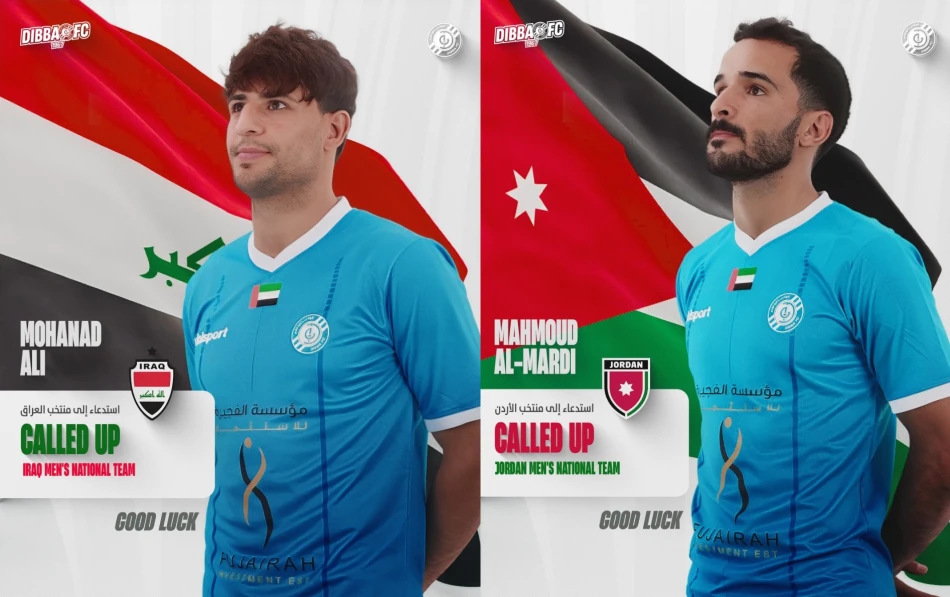
Dubai's International Stars Absent from Sharjah Showdown in the League Cup Semifinal Leg
Dubai Club Faces International Break Exodus Ahead of Crucial Cup Return Leg
Dubai Football Club will be without three key first-team players for their upcoming Abu Dhabi Islamic Bank Cup return leg against Sharjah, as the trio departs for international duty during the FIFA break. The absence comes at a critical juncture, with Dubai already trailing 1-0 from the first leg and needing to overturn the deficit to advance.
Key Players Called Up for National Service
The departing players represent Dubai's international diversity: Iraqi midfielder Muhannad Ali, Jordanian defender Mahmoud Al-Mardhi, and Uzbek forward Abdullah Abdullayev will all join their respective national teams until September 9th. Their absence highlights both the club's regional recruitment strategy and the challenges faced by Gulf clubs during international windows.
Timing Could Not Be Worse
The international break coincides with Dubai's most important match of the season so far. Trailing Sharjah by a single goal from the first leg, Dubai needed their strongest available squad to mount a comeback in the return fixture. The loss of three regular starters significantly complicates their tactical preparations and depth options.
UAE Cup Competition Intensifies
The Abu Dhabi Islamic Bank Cup represents one of the UAE's premier domestic competitions, offering clubs a pathway to continental qualification and significant prize money. For Dubai Club, nicknamed "Al-Nawakhda" (The Ship Captains), progression would mark a statement of intent in what has been a rebuilding phase for the historic club.
Sharjah's Advantage Grows
Sharjah, one of the UAE's most successful clubs with multiple league titles and Asian Cup Winners' Cup triumph in 1999, enters the second leg with both a scoreline advantage and likely fewer international call-ups affecting their squad depth. This disparity in available personnel could prove decisive in determining which team advances.
Regional Recruitment Strategy Under Scrutiny
Dubai's reliance on players from Iraq, Jordan, and Uzbekistan reflects broader trends in Gulf football, where clubs increasingly look beyond traditional markets for talent. However, the current situation demonstrates the double-edged nature of this approach—while these players bring quality and value, their international commitments can disrupt crucial domestic fixtures.
The outcome of Dubai's cup campaign may influence how UAE clubs balance international recruitment with domestic scheduling challenges, particularly as FIFA continues to expand the international calendar with Nations League competitions and World Cup qualifying campaigns.
Most Viewed News

 Sara Khaled
Sara Khaled






